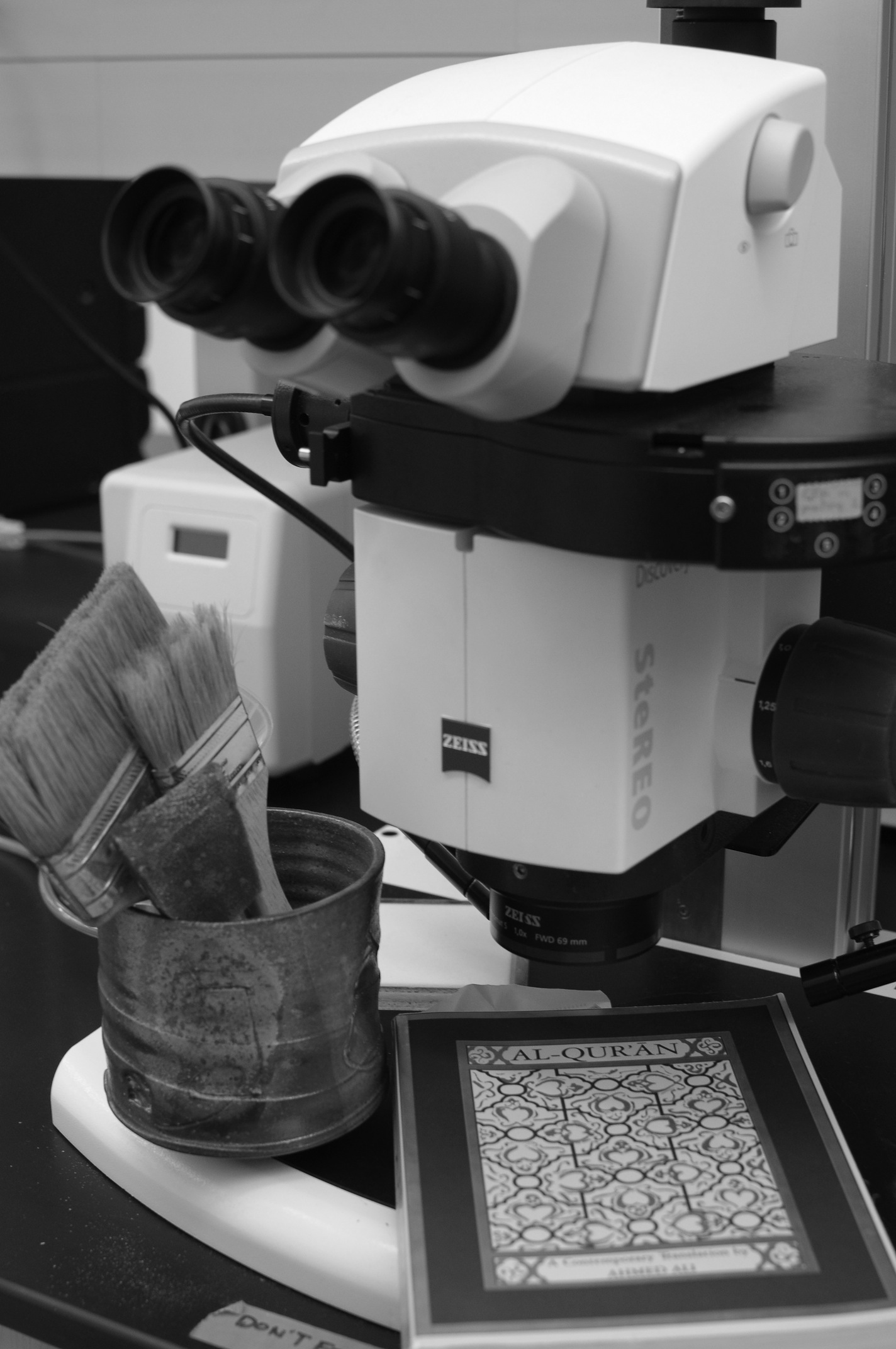
On a college campus, some questions are asked over and over again that are staples of both small talk and getting to know someone at a deeper level. Right up there with “Where you from?” and “How was spring break?” is the seemingly benign “What’s your major?”
At Puget Sound, academics are taken pretty seriously, so it makes sense that one’s major can be a big part of his or her identity. These majors represent different disciplines in the academic environment.
Though differentiated, there should be a greater emphasis on making meaningful connections across multiple schools of thought. This requires an open mind, experimentation and continual dialogue between peers and with professors.
A majority of the time, these disciplines, such as art and science, can appear to be completely separate entities from one another with little or no overlap.
Professor of Physics Andy Rex believes the distinction between disciplines can be good and necessary.
“Advancing knowledge in science, for example, depends on deep, concentrated study and focused research,” Rex said.
However, before undergraduate students reach a graduate level, where the focus narrows to one subject and discipline, the variety of perspectives provided by a liberal arts college should be fully exploited
Art professor Elise Richman stresses the importance of a liberal arts education on a grander scheme. “The future of our environment, social justice, and cultural vibrancy are inextricably linked to the multi-faceted thinking cultivated by a liberal arts education,” Richman said.
Personally, I am thrilled to attend a liberal arts university because I am interested in the human body, which is examined from vastly different yet somehow complementary perspectives in both art and science classes. I am a Studio Arts major with an emphasis in painting, but I am also on a Pre-Med track with a minor in Biology. The interplay between art and science fascinates and engrosses me.
The impression of art on a superficial level is that it is abstract, emotional and strictly pertains to the humanities. On the other hand, science appears staunchly logical, unbiased and resides in a category that heralds empirical data and observation as king. To some, they seem like polar ends of a spectrum and cannot possibly overlap.
With further thought, science and art don’t oppose each other on a spectrum of logical and abstract, as is usually associated with them.
Science does revolve around observation and consistently observed tendencies of the natural world. But many aspects of science are abstract, such as quantum physics. Scientists resort to abstract metaphors for things that are either too big or too small for our little pea brains to comprehend to give us the feeling of understanding without ever being able to experience firsthand these phenomena.
Art also has many aspects that are logical. While the experience of art varies wildly from person to person to a much greater extent than in science, there is a process to art that requires critical thinking and problem solving. While testing hypotheses in science evokes the image of beakers and solutions, in art less explicit hypotheses are constantly being made, tested and analyzed by the artist.
Since declaring an Art major, I have noticed a subtle undercurrent of other people thinking that my major is easier than theirs because there are not conventional means of assessment like tests or papers. It speaks to a greater theme of writing off that which one does not understand, which translates to prejudice in many arenas of life.
Furthermore, this idea that art is less important in some ways than other more traditional areas of study, such as science and math, extends to the fact that budget cuts up to the federal level all over the nation target art and music programs first. Considering the value inherent in these creative, humanities-centered subjects makes the cuts a devastating thing to witness.
“There are many fields that reward one’s ability to articulately express one’s self, think creatively, and interact effectively with others,” Richman commented. “Cutting programs such as art and music shows a lack of foresight and that ultimately will hurt the ability of our citizenry to make humane and innovative choices.”
Comparing apples to oranges in collegiate disciplines and deeming one more important or challenging than another defeats the purpose of a liberal arts education. It is closing the mind to something that can shed new perspective and light on a student’s current study of choice.
The more sides of a topic or discussion one can see, the greater one’s overall understanding will be. Or perhaps an individual will find a new area that jives more with their passions, one that they simply were never exposed to.
Navigating different disciplines with a sense of balance and an open mind can open one’s world up to limitless study across disciplines and enrich one’s experience with education and the process of gaining the kind of knowledge that the students who attend Puget Sound are assumedly interested in.
[Photo Courtesy / Daniel Pendleton]
